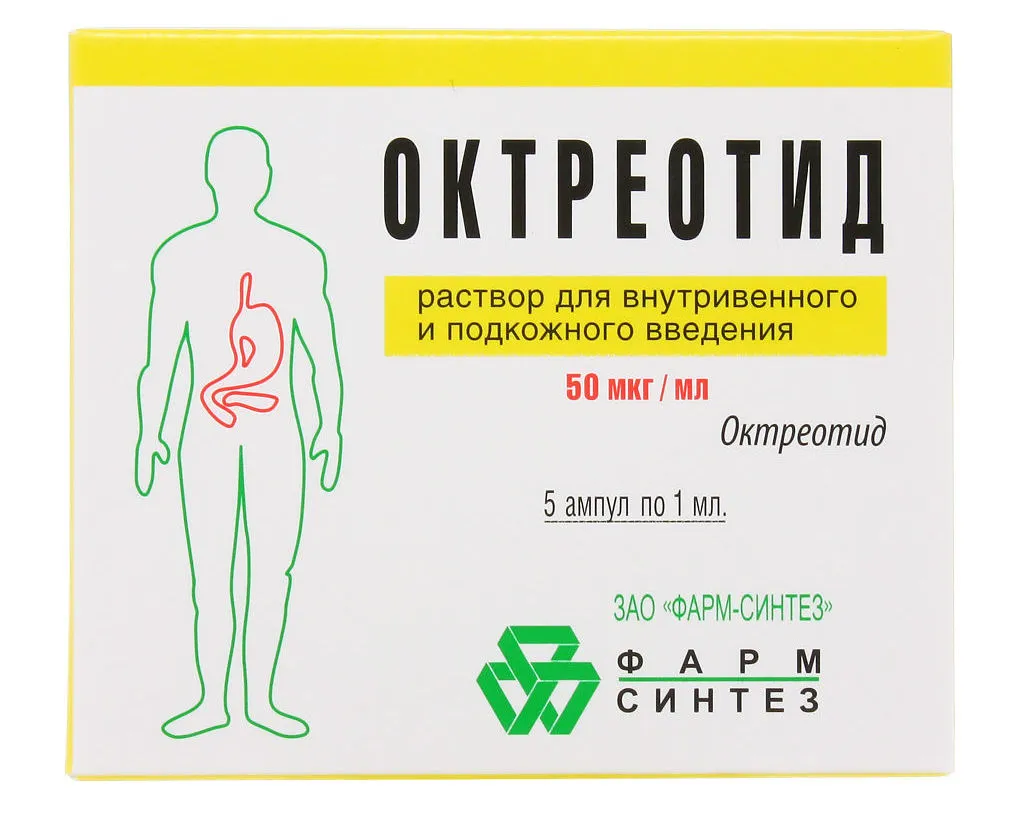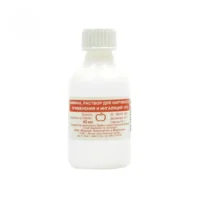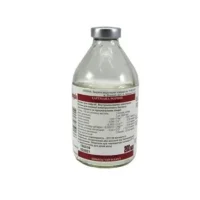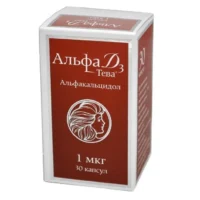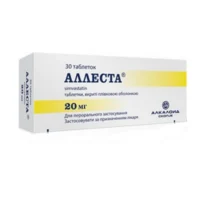Description
Octreotide Solution for Injections 0.05 mg/m 1ml. Vials №5
Ingredients:
Each 1ml vial contains 0.05 mg of Octreotide.
Dosage:
The dosage of Octreotide solution for injections should be individualized based on the patient’s condition and response to treatment. It is typically administered as directed by a healthcare provider.
Indications:
- Octreotide is indicated for the treatment of acromegaly, carcinoid tumors, and vasoactive intestinal peptide-secreting tumors.
- It works by inhibiting the secretion of certain hormones in the body.
Contraindications:
Do not use Octreotide if you are allergic to Octreotide or any of the ingredients in the medication. It is important to discuss any medical conditions or medications with your healthcare provider before starting treatment.
Directions:
Octreotide solution for injections is typically administered subcutaneously or intravenously. Follow the instructions provided by your healthcare provider for the correct administration technique.
Scientific Evidence:
Octreotide has been extensively studied for its efficacy in the treatment of various conditions. Research studies have shown that Octreotide is effective in reducing hormone levels in patients with acromegaly and controlling symptoms in individuals with carcinoid tumors. Additionally, Octreotide has been found to be well-tolerated with minimal side effects in most patients.
Additional Information:
In clinical trials, Octreotide has demonstrated significant benefits in managing symptoms associated with acromegaly and carcinoid tumors. Patients treated with Octreotide have reported improvements in quality of life and symptom control. It is important to follow up with your healthcare provider regularly while on Octreotide therapy to monitor your response to treatment.

